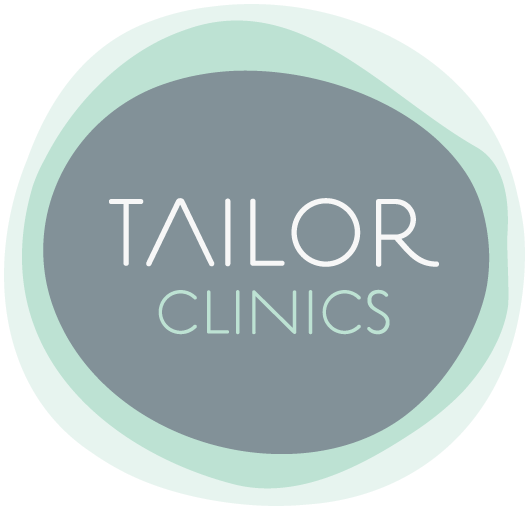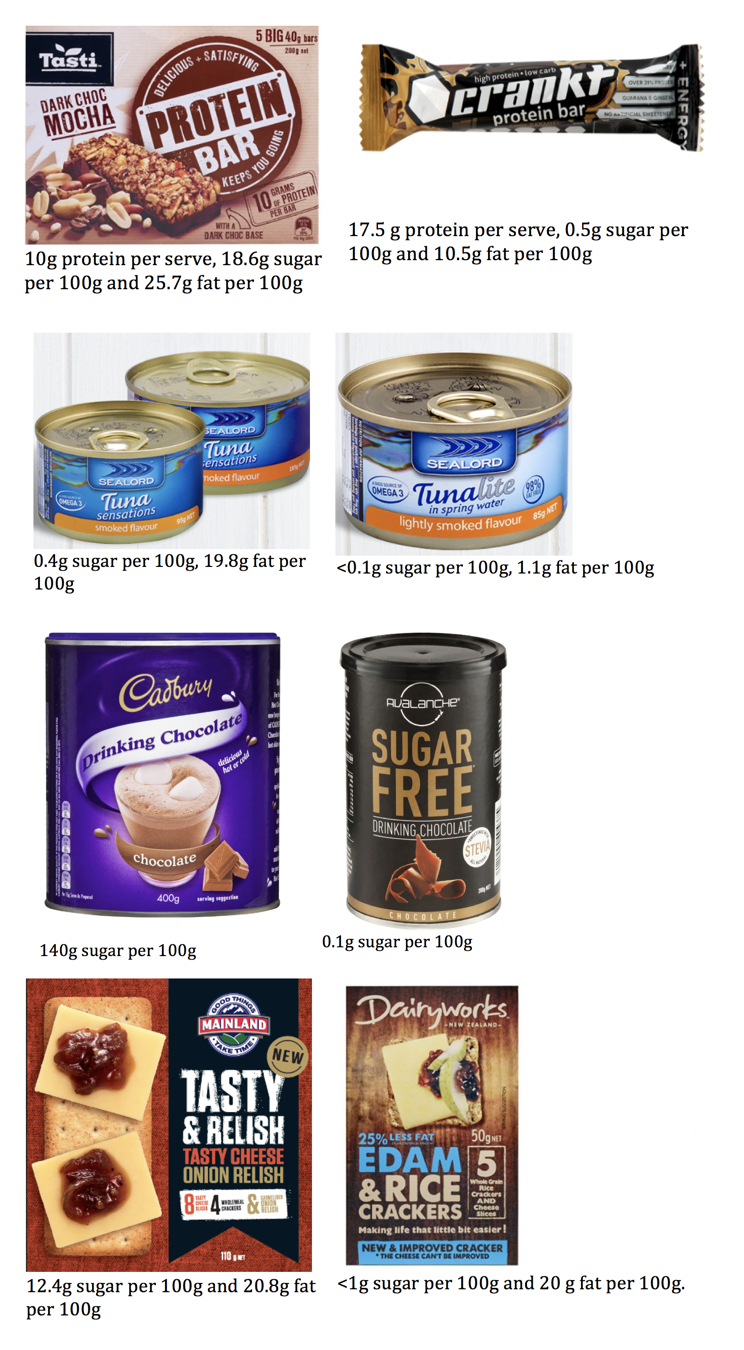Simple Swaps
Whether it is in the initial months or years post-surgery, it easy for old habits to creep back in. Old habits can come in many different forms, but one we commonly see is forgetting to read nutrition labels on foods. Over time, label reading can get lost, as it can add extra time to the supermarket shop. When label reading dissipates, often we revert back to buying brands and products that we recognise or used prior to making lifestyle changes, despite the sugar and the fat content. It also allows us to be lured in by cool packaging, change of product names and something with “NEW” displayed on the outside. This leads us to becoming unconscious about what’s really in the food we buy.
It is important that you read ALL food labels to make sure they meet the label criteria below, as foods outside of these ranges have the potential to cause adverse reactions like dumping syndrome, and are generally poorer choices for long-term health and weight management.
Please be aware that words such as raw, organic, gluten free, lite or refined-sugar free, do not always equal ‘healthy’. Products that are ‘lite’ in fat can still be loaded with sugar, so please make sure you check the nutrition information panel. The Heart Foundation tick and Weight Watchers branded foods can also fool people. Do not rely on the packaging as a guide to the health of a product; always apply the label reading guidelines.
Then, take a step back and ask yourself whether this is a healthy, everyday wholefood e.g. Edam cheese, or perhaps something more processed that has been manipulated to appear healthy yet is nutrient-poor e.g. rice crackers. Some healthy food items like Edam cheese, smoked salmon, avocado, nuts and seeds will exceed 10g fat per 100g but provide other valuable nutrients e.g. protein and fibre. However, rice crackers, noodles, etc contain less than 10g fat and sugar per 100g, yet provide little nutritional value. Therefore, label reading guidelines must be used in the context of the food itself.
It’s not the foods that we have occasionally that could negatively impact our health, it’s the habits we do daily. Therefore if you are consuming something daily that might not benefit your health, this can add-up over time!
Luckily, there a few simple swaps you can make to your purchases, and these small subtle changes have a positive impact over time, and can lead you to enjoying a much healthier lifestyle. Here are some common swaps you can start using, to help meet your health goals.



